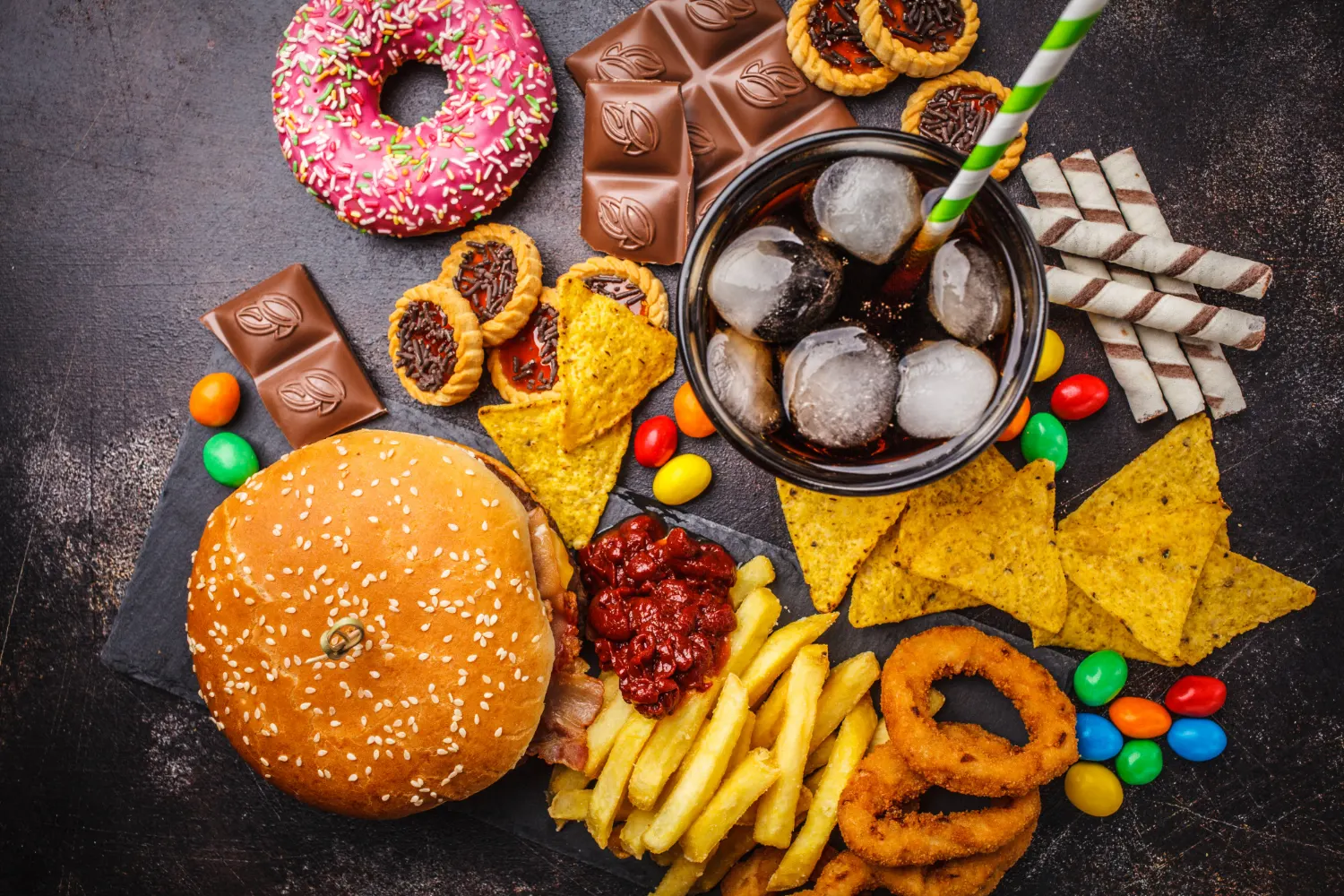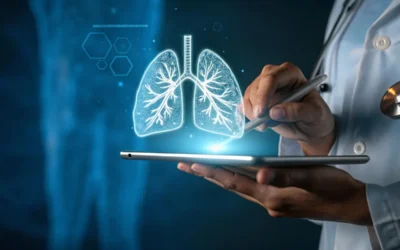A recent article from the Times of India reported on a Harvard-trained doctor’s warning about six common foods that may increase cancer risk. While these items are frequently found in modern diets, especially Western-style eating patterns, the good news is that practical, healthy alternatives exist.
This guide not only breaks down the science behind these potential cancer risks but also offers evidence-backed swaps to help you build a smarter, safer meal plan.
Table of Contents
1. Processed Meats (Bacon, Sausages, Deli Meats)
Why It’s Harmful:
The World Health Organization classifies processed meats as Group 1 carcinogens, the same category as tobacco. These meats often contain nitrites and nitrates, which can convert into carcinogenic compounds in the body. They are linked to colorectal, stomach, and pancreatic cancers.
Healthy Alternative:
Opt for lean, unprocessed proteins like grilled chicken, lentils, chickpeas, or tofu. Incorporating more plant-based proteins has been linked to reduced cancer and heart disease risk.
2. Soda and Sugary Drinks
Why It’s Harmful:
Sugar-sweetened beverages promote obesity and insulin resistance, which are well-known cancer risk factors. Excess sugar intake can also cause chronic inflammation, which fuels tumor development.
Healthy Alternative:
Switch to infused water, unsweetened herbal teas, or sparkling water with citrus. These drinks hydrate without spiking insulin or promoting fat storage.
3. Red Meat (Beef, Pork, Lamb)
Why It’s Harmful:
High consumption of red meat is associated with increased risk of colorectal and pancreatic cancer. Cooking methods like grilling or frying at high temperatures may also create carcinogenic compounds such as heterocyclic amines (HCAs).
Healthy Alternative:
Try lean poultry, fish, or plant proteins such as quinoa or black beans. Incorporating “Meatless Mondays” can ease the transition and still support nutritional goals.
4. Alcohol
Why It’s Harmful:
Even moderate alcohol intake has been linked to cancers of the breast, liver, colon, and esophagus. Ethanol is metabolized into acetaldehyde, a toxic compound that can damage DNA and hinder cell repair.
Healthy Alternative:
Try alcohol-free spirits, kombucha, or sparkling water. For social settings, mocktails made with fresh fruit and herbs are satisfying without the side effects.
5. Artificial Sweeteners (Especially Aspartame)
Why It’s Harmful:
Aspartame and other artificial sweeteners are under continued scrutiny for potential carcinogenic properties. Some observational studies suggest links to increased cancer risk, especially with high consumption.
Healthy Alternative:
Use natural sweeteners like stevia, monk fruit, or small amounts of honey or maple syrup. Even better—train your palate to enjoy less sweetness over time.
6. Microwave Popcorn (With Artificial Butter Flavoring)
Why It’s Harmful:
Some microwave popcorn bags are lined with perfluorinated compounds (PFCs), which have been linked to cancer and hormone disruption. The artificial butter flavoring may contain diacetyl, a compound associated with lung damage.
Healthy Alternative:
Make air-popped popcorn at home using organic kernels and drizzle with olive oil or sprinkle with nutritional yeast. This keeps the crunch while avoiding harmful chemicals.
Why These Swaps Matter
Cancer is a complex disease influenced by genetics, lifestyle, and environment. Diet alone doesn’t determine risk—but it plays a significant role in modulating inflammation, cell mutation, and detoxification pathways. The Harvard doctor’s list aligns with growing consensus among researchers: the more whole, plant-based, and minimally processed your diet is, the better your chances of avoiding disease.
The key is not fear, but informed substitution.
Evidence-Based Quick Tips to Reduce Dietary Cancer Risk
| Food Habit | Recommended Strategy | Cancer Risk Mitigation |
|---|---|---|
| Daily red meat consumption | Reduce to <2 servings/week | Lowers colorectal cancer risk |
| Sugary drinks | Replace with infused water | Reduces obesity-linked cancers |
| Artificial sweeteners | Use stevia/monk fruit | Avoids potential carcinogens |
| Processed meats | Swap for legumes or lean fish | Reduces nitrosamine exposure |
| Alcohol | Limit or abstain | Reduces breast, liver, and colon cancer risk |
Final Thoughts
Food is one of the few cancer risk factors you can control daily. While it’s not realistic to be perfect, making incremental changes—like cutting out processed meats or swapping soda for sparkling water—can yield powerful long-term benefits.
Source: Times of India – Harvard Doctor Lists 6 Cancer-Causing Foods





0 Comments